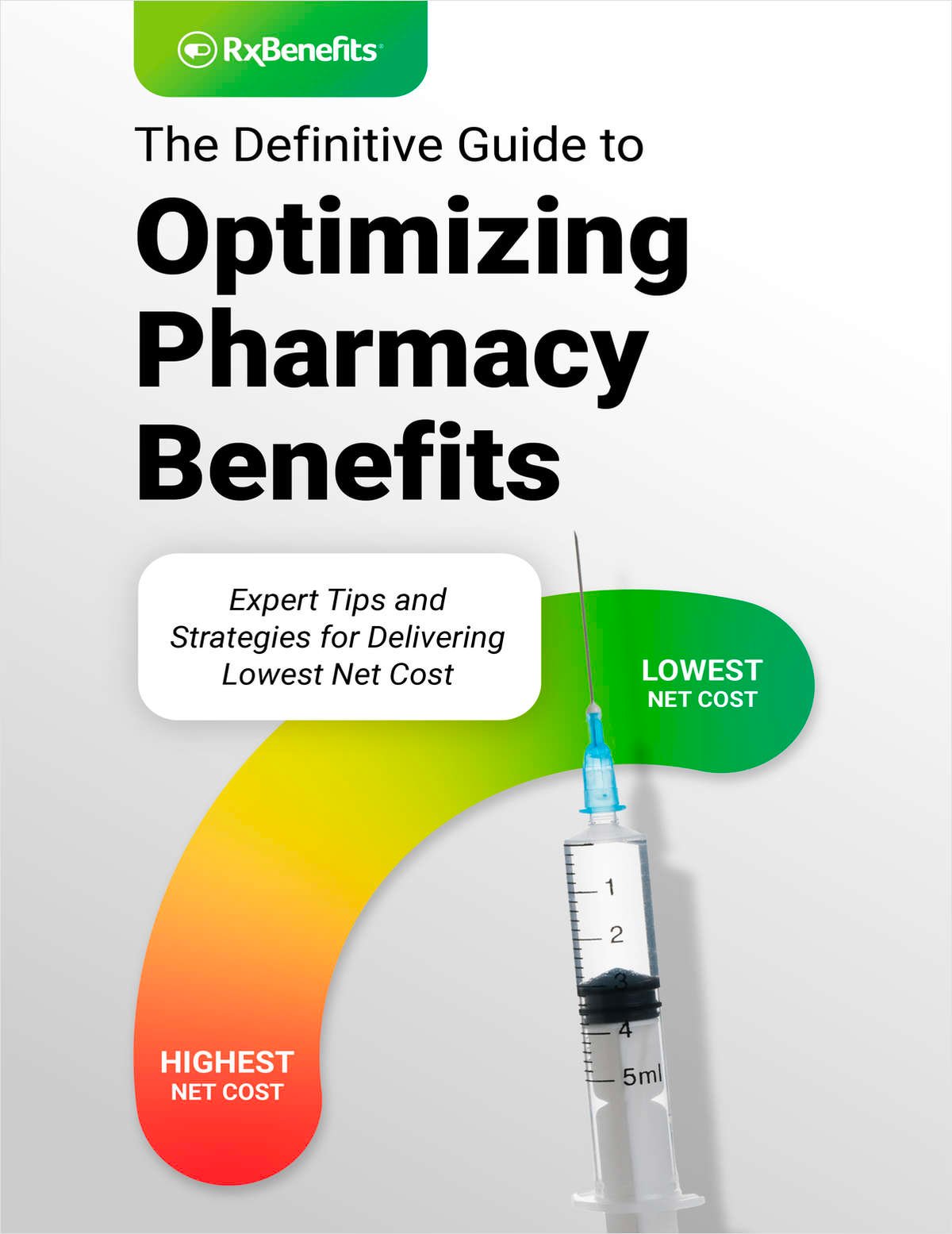When consumers are evaluating a purchase, they look at several factors—cost, return on investment, ease of use, limitations, perception by others, application and value. How all these work together affects whether someone will buy or pass on the purchase.
Consideration by the buyer of how to assess the overall evaluation often is assisted by the seller. Typically, there may be some homework involved on the part of the one making the decision, and often it's up to the seller to provide that material. The more expensive and complex the object or service, the more due diligence is required.
If you are the buyer, then your vetting process must be thorough, objective and decisive. If you are the seller, then your sales efforts must be insightful, intelligent and honest. If you and your product are worthy of closing the deal, then there must be true value provided to the buyer. If you cannot relay that message to the one writing the check, then you have effectively not done your job.
Continue Reading for Free
Register and gain access to:
- Breaking benefits news and analysis, on-site and via our newsletters and custom alerts
- Educational webcasts, white papers, and ebooks from industry thought leaders
- Critical converage of the property casualty insurance and financial advisory markets on our other ALM sites, PropertyCasualty360 and ThinkAdvisor
Already have an account? Sign In Now
© 2024 ALM Global, LLC, All Rights Reserved. Request academic re-use from www.copyright.com. All other uses, submit a request to [email protected]. For more information visit Asset & Logo Licensing.








